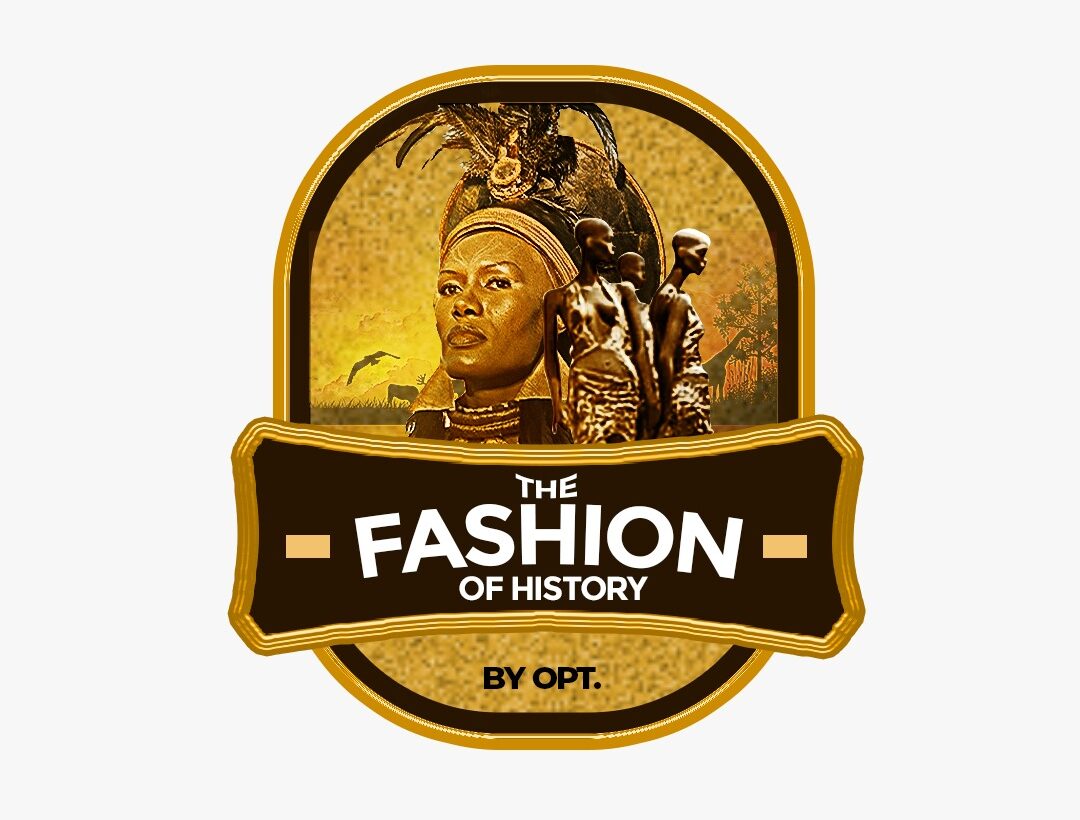Nigeria, a country rich in culture and tradition, has a fashion history that dates back centuries. From the colourful and intricate designs of the Yoruba people to the elegant and sophisticated attire of the Hausa-Fulani, Nigerian fashion has evolved over time to reflect the diverse cultures and influences that have shaped it.



In ancient times, Nigerian fashion was primarily made from locally-sourced materials such as animal skins, leaves, and fibres. These materials were often adorned with intricate patterns and designs using techniques such as tie-dye, weaving, and embroidery. The clothing worn by different tribes varied greatly, with each tribe having its own distinct style and clothing items that were worn for specific occasions and events.
As Nigeria became exposed to outside influences, such as trade with Europeans and the introduction of Islam, fashion began to evolve. New fabrics such as cotton and silk were introduced, and styles began to incorporate more elaborate designs and embellishments. This fusion of traditional and foreign influences gave rise to the unique and eclectic fashion that is seen in Nigeria today.



One of the most iconic pieces of traditional Nigerian fashion is the gele, a head wrap worn by women in many different styles and colours. The gele has been worn for centuries and is still a staple of Nigerian fashion today. Another popular item of traditional Nigerian fashion is the agbada, a long flowing robe that is typically worn by men for special occasions such as weddings and festivals.


Today, Nigerian fashion has become a global sensation, with designers such as Lisa Folawiyo and Deola Sagoe gaining international recognition for their innovative designs that blend traditional Nigerian fashion with contemporary elements. Nigerian fashion has also become a symbol of national pride, with many Nigerians proudly showcasing their traditional attire at events and on social media.



In conclusion, the evolution of traditional Nigerian fashion is a testament to the rich cultural heritage and diverse influences that have shaped the country’s fashion history. From its humble beginnings using locally-sourced materials to the global phenomenon it has become today, Nigerian fashion is a reflection of the country’s past, present, and future

